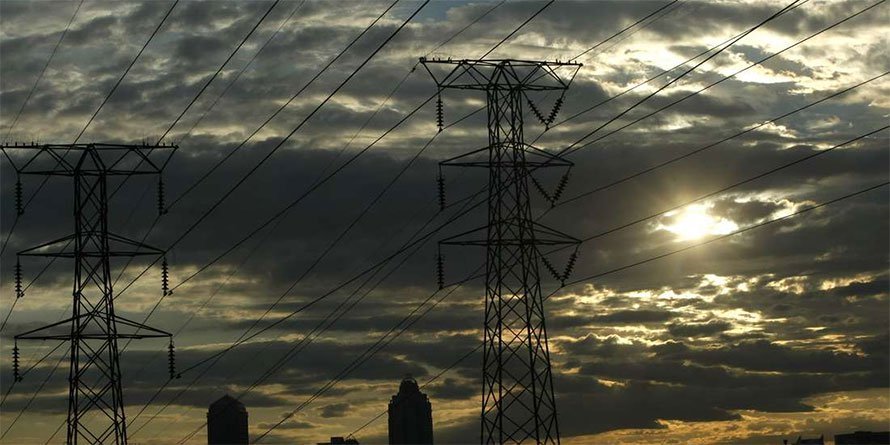A month ago, we were inundated with screaming headlines on Kenya Power in our press. One daily carried these three leaders on consecutive days. “How Kenya Power plunged into Sh120 billion in debt”.
“Kenya Power loses Sh18 billion yearly in power theft”. “Costly power deals push cost up by 30 per cent”. Yes, 30 per cent! More recently, we read two more. “Safaricom’s smart grid to help Kenya Power cut Sh10 billion in system losses”.
Followed by “Electrical Workers Union call off planned strike at Kenya Power” (apparently one of the reasons for the strike was this Safaricom idea). Change is painful.
Why hasn’t someone made a movie or documentary on our power sector and Kenya Power? We could call it “Kenyan Power Games”. It might offer the practical work and life lessons that our new Competency-Based Curriculum is trying to manufacture.
Add press and social media disclosures early in the week about monstrous effective rates privately-owned Independent Power Producers (IPPs) “generated” from Kenya Power in 2019/20 (“take or pay” – Kenya Power “pays”, IPPs “take”).
Let’s step back. 70 per cent of our energy consumption is through biomass (charcoal and woodfuel), petroleum products account for a fifth; electricity is 90 per cent of the rest, with two thirds from renewable sources. Call this our energy policy-security context.
In the electric power sub-sector, outside the parent ministry and regulator, what does our power sector look like? Think KenGen, Geothermal Development Corporation (GDC), private IPPs, plus imports from Ethiopia, Uganda and Tanzania on the generation front.
Throw in Kenya Power and KETRACO on transmission, and Rural Electrification and Renewable Energy Corporation (REREC) and Kenya Power (again) on distribution. Oh, we also have the Nuclear Power and Energy Authority (NUPEA).
That was the old picture, before co-generation, mini-grids and private DISCOs (distribution companies). This emerging picture ages the older one. Before we get to smart grids and the Internet of Electricity.
Let’s add further macro-context using unaudited 2019/20 financials from the National Treasury. Across the six public entities we’re looking at a Sh1.132 trillion asset base.
Here’s a quick view of what that year looked like. Sh413 billion (in assets) KenGen turned a profit of Sh10.5 billion while Sh101 billion GDC did Sh1.6 billion in surplus. We know the IPPs are in business, so generation is all fun and games.Sh191 billion KETRACO lost around a billion during the year. Sh111 billion REREC clocked Sh5.3 billion in surplus. Without any nuclear energy, […]
